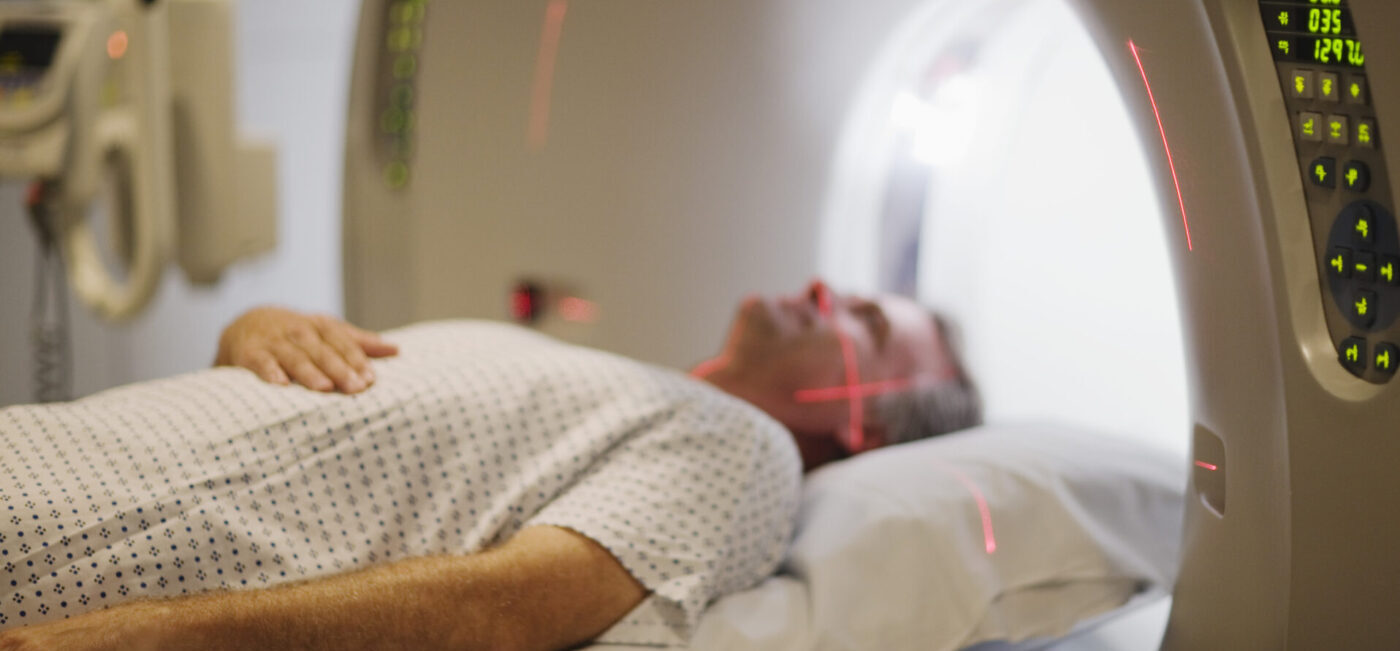Why MRI Safety is important
MRI is a very common medical procedure for both otological and neotological reasons, so it should not have complications or be painful for hearing implant users.

Dr. Ingo Todt and Dr. Martin Zimmerling talk with Manfred Pieber about the features of MED-EL implants that reduce or eliminate complications - such as magnet dislocation - during an MRI: a freely rotating, robust, diametrically bipolar magnet that can be removed if necessary to reduce the size of imaging artifacts.
References:
MRI Observation After Intralabyrinthine and Vestibular Schwannoma Resection and Cochlear Implantation (https://pubmed.ncbi.nlm.nih.gov/32903399/)
Quality Control after Intracochlear Intralabyrinthine Schwannoma Resection and Cochlear Implantation (https://pubmed.ncbi.nlm.nih.gov/34573240/)
Prevalence and complications of MRI scans of cochlear implant patients: English version (https://pubmed.ncbi.nlm.nih.gov/26886493/)
Cochlear implants and 1.5 T MRI scans: the effect of diametrically bipolar magnets and screw fixation on pain (https://pubmed.ncbi.nlm.nih.gov/29402322/)
Pain Free 3 T MRI Scans in Cochlear Implantees (https://pubmed.ncbi.nlm.nih.gov/28938274/)
Comparison of Cochlear Implant Magnets and Their MRI Artifact Size (https://pubmed.ncbi.nlm.nih.gov/32420348/)
MRI Artifacts and Cochlear Implant Positioning at 3 T In Vivo (https://pubmed.ncbi.nlm.nih.gov/25634466/)
Prospective Evaluation of 3 T MRI Effect on Residual Hearing Function of Cochlea Implantees (https://pubmed.ncbi.nlm.nih.gov/36291339/)
